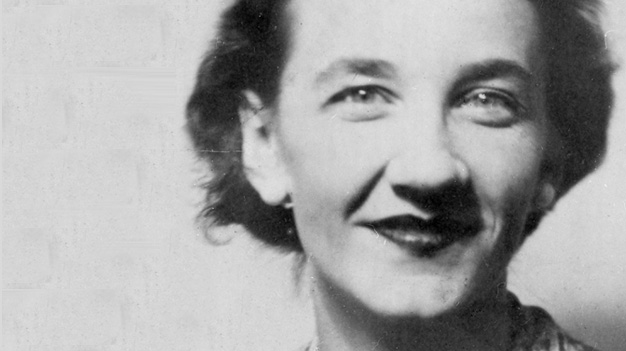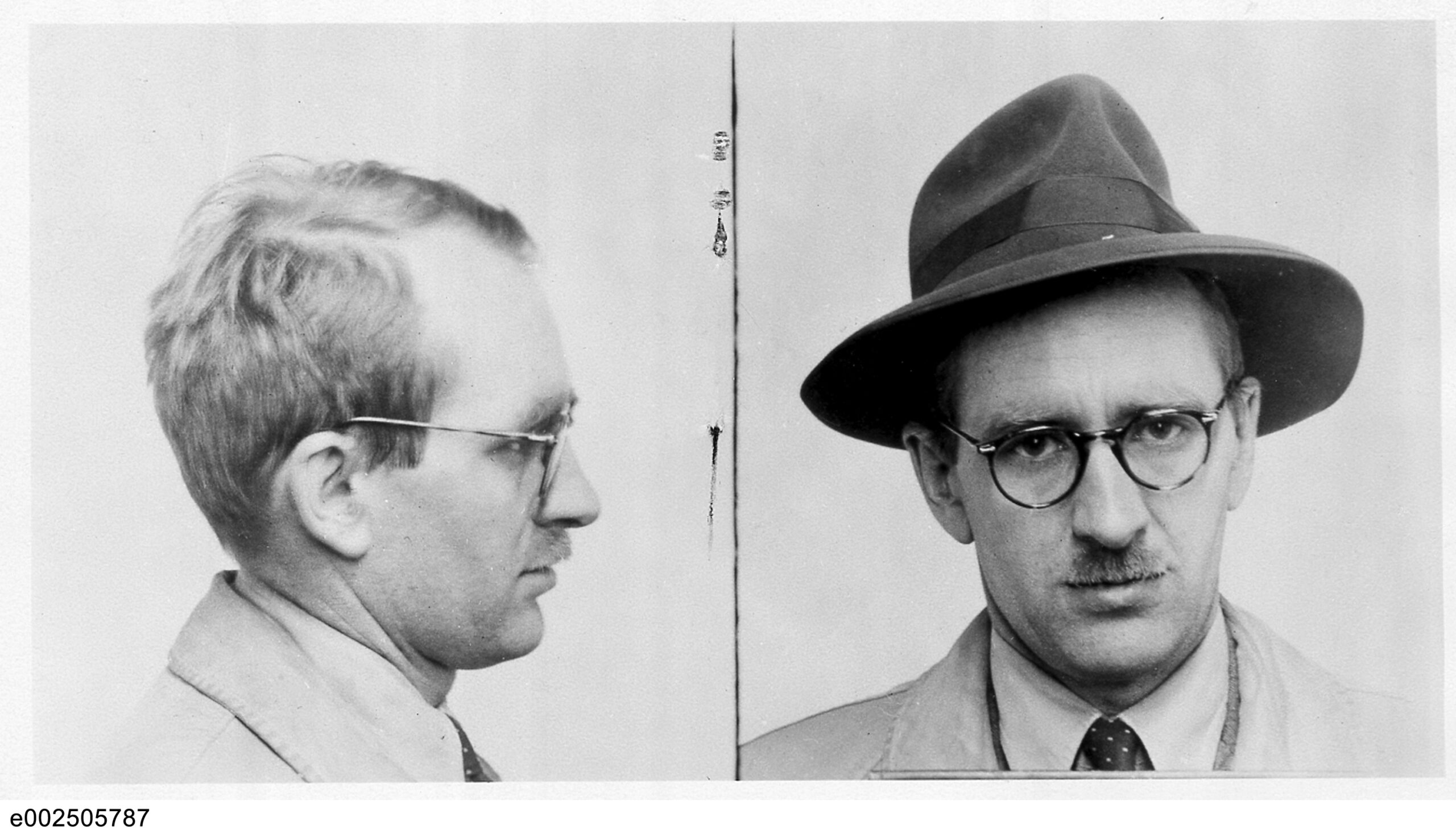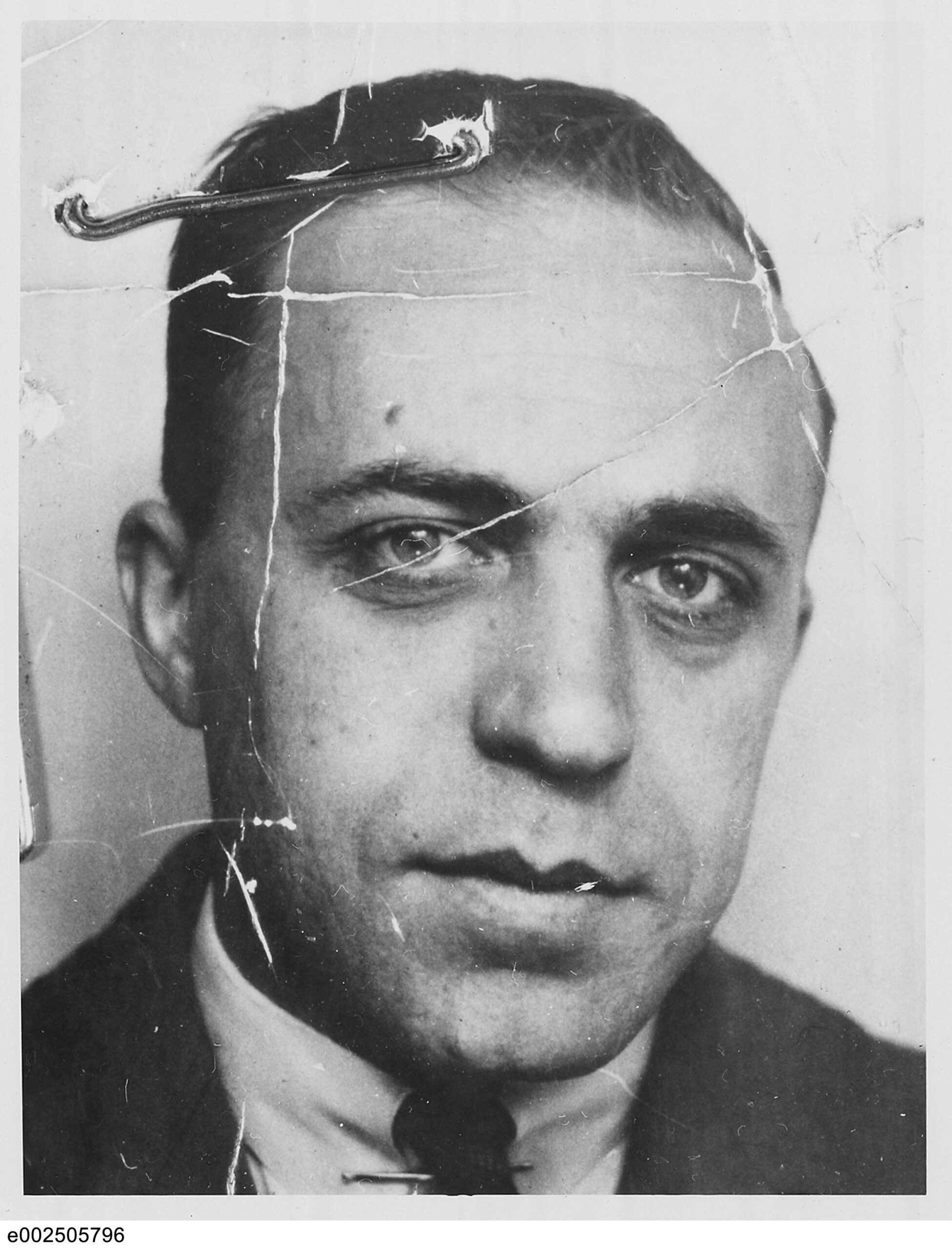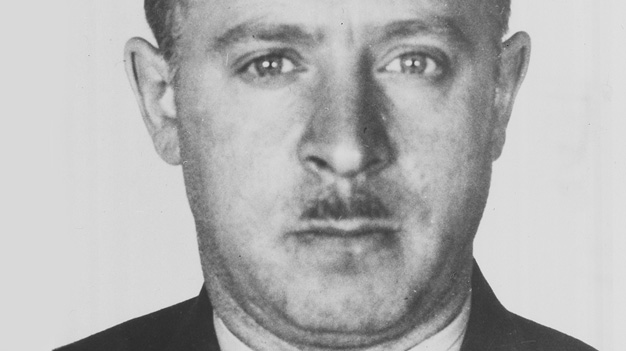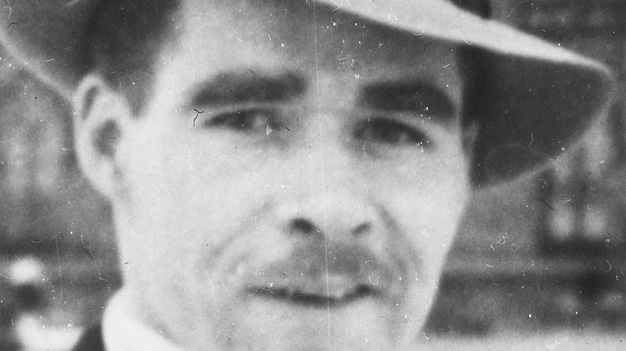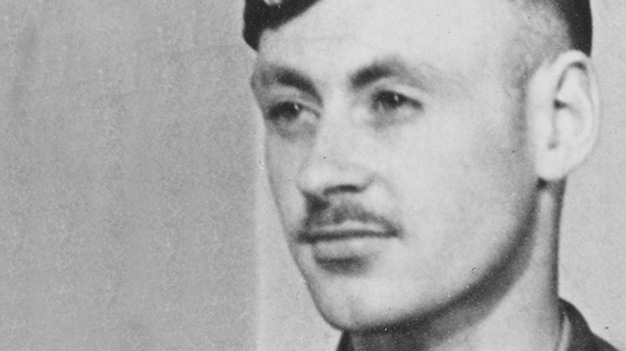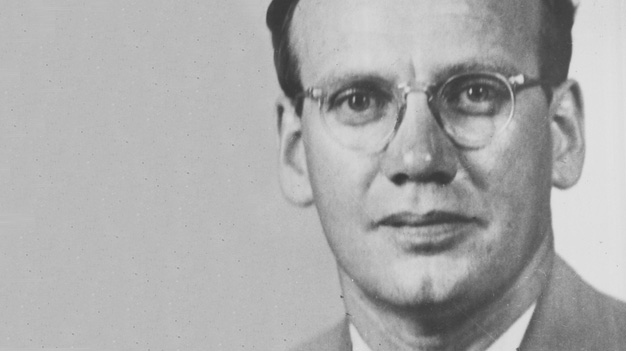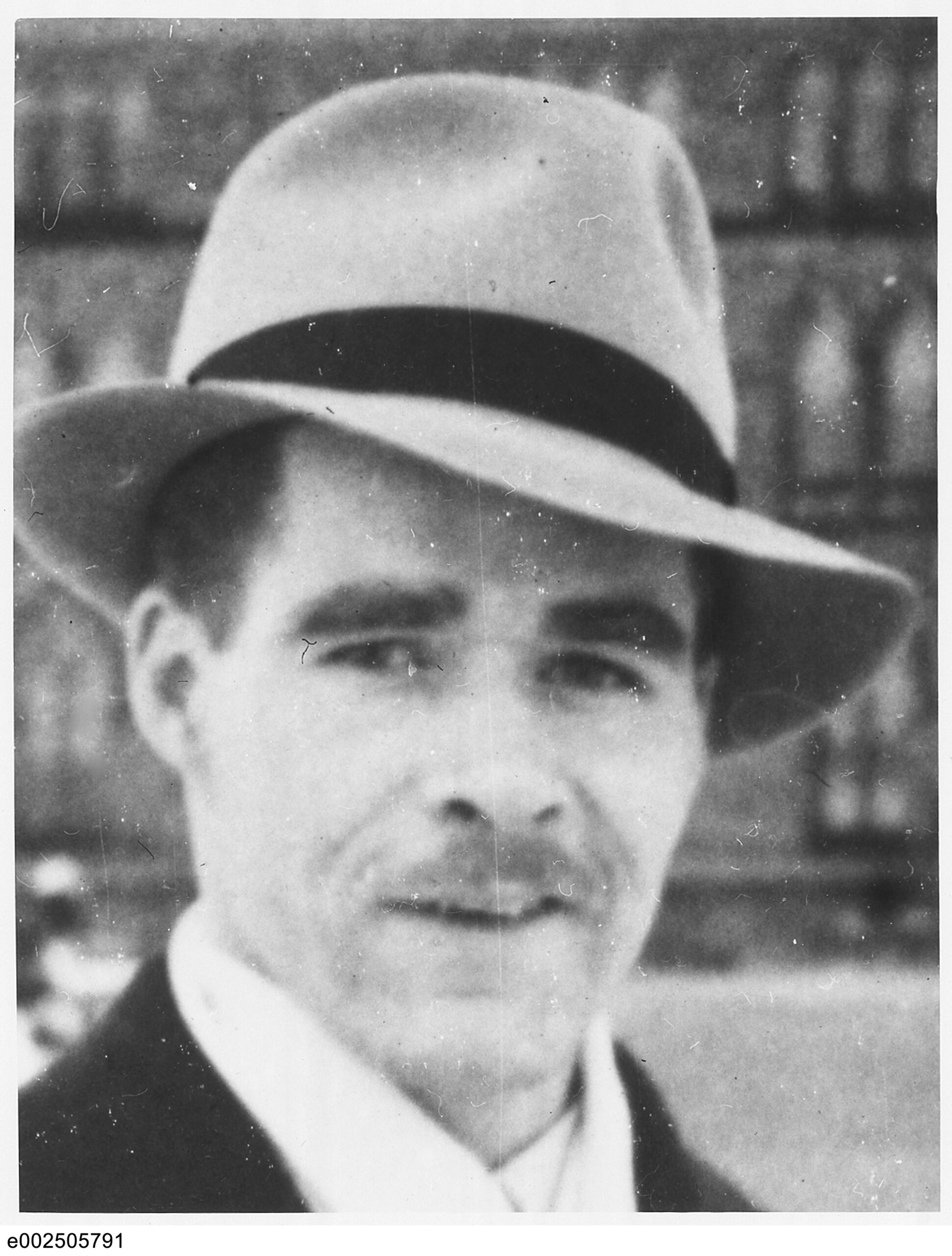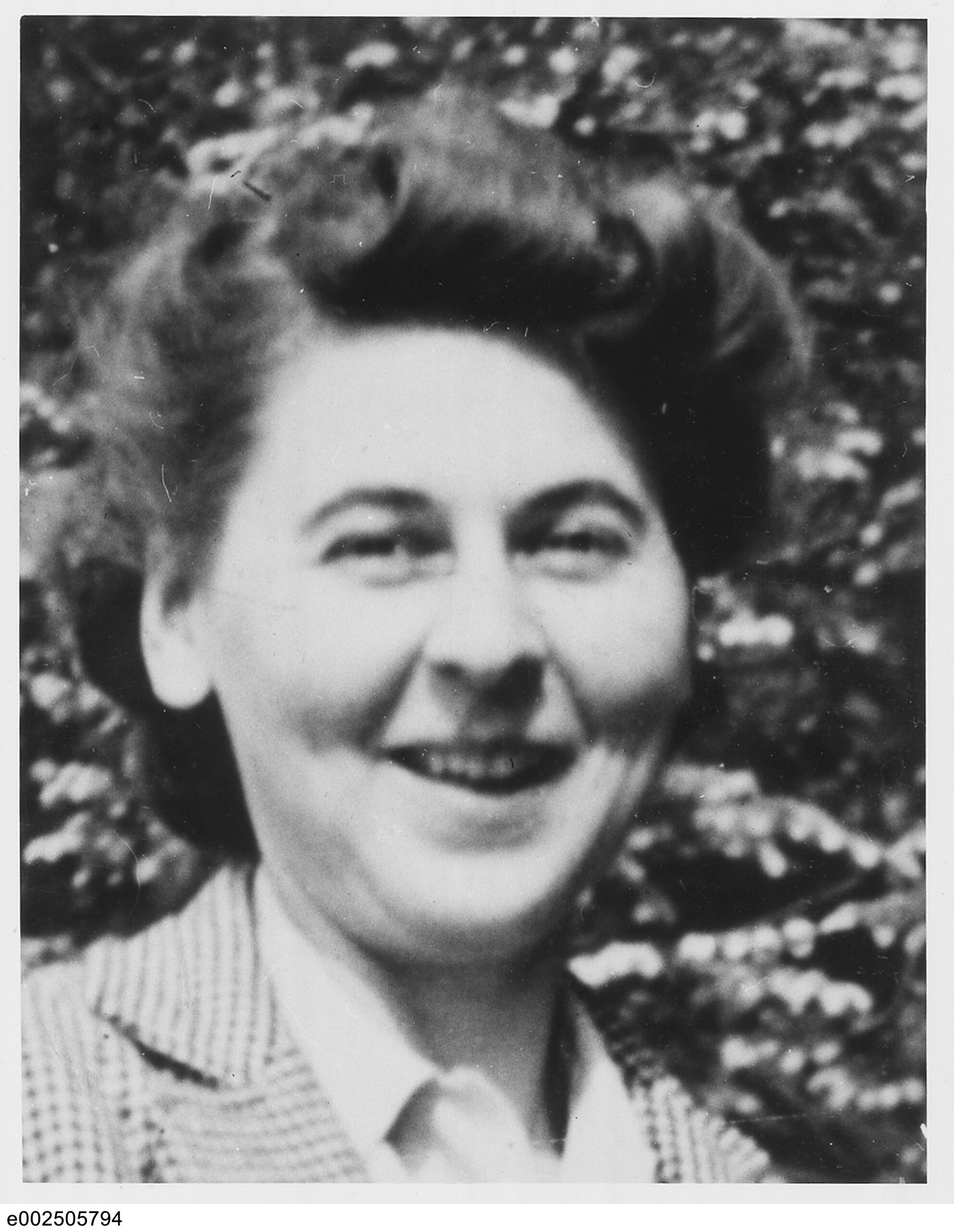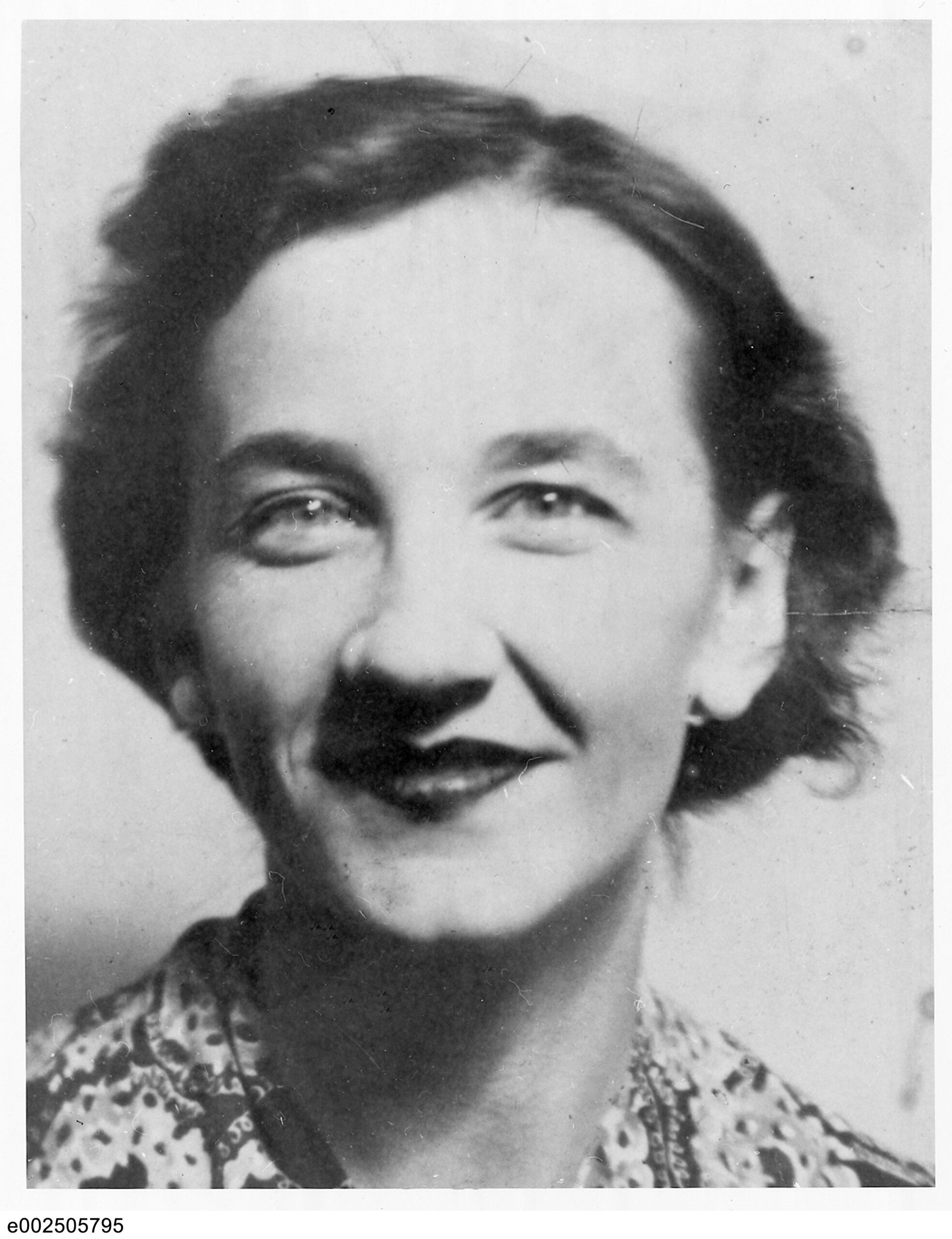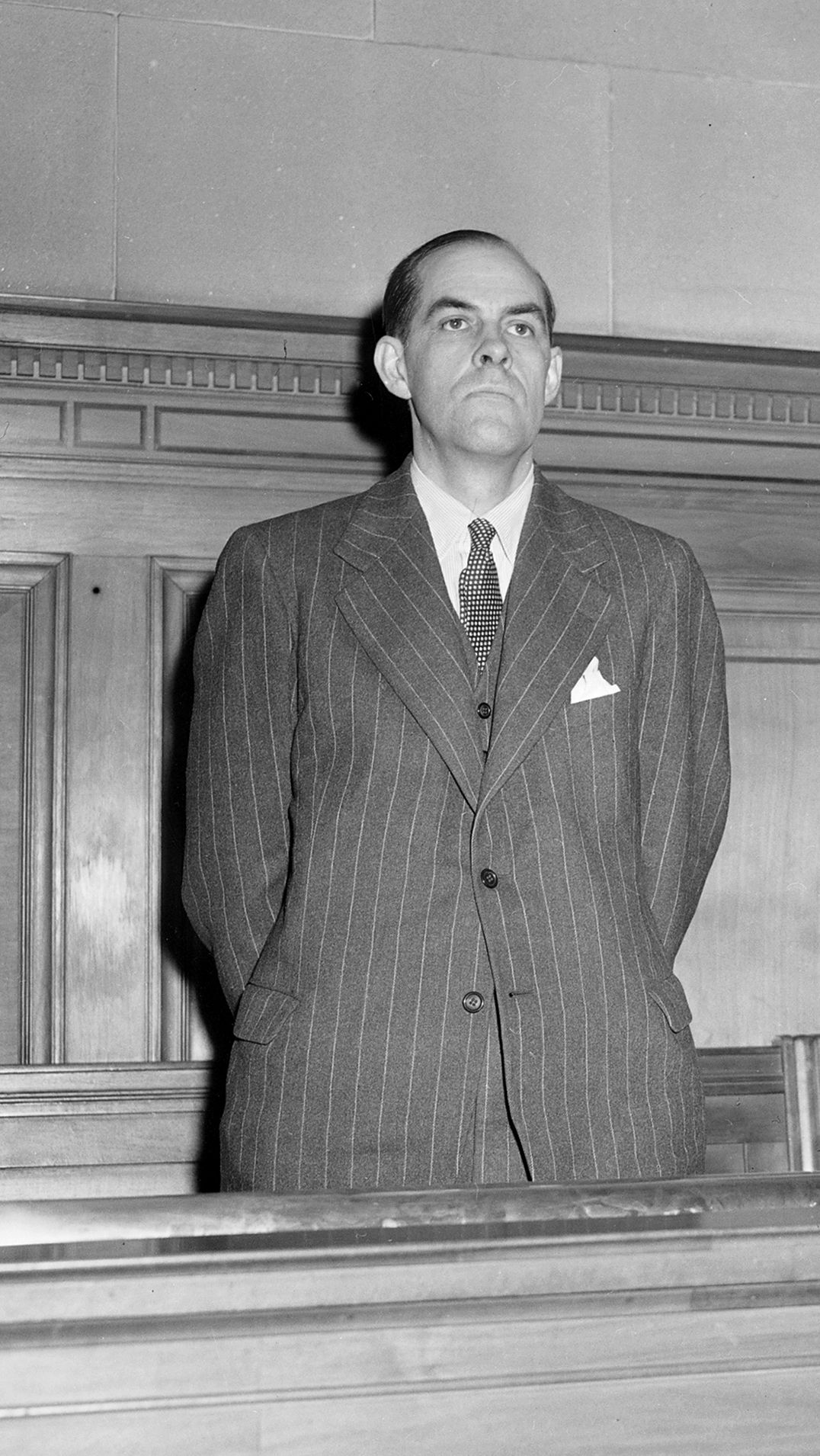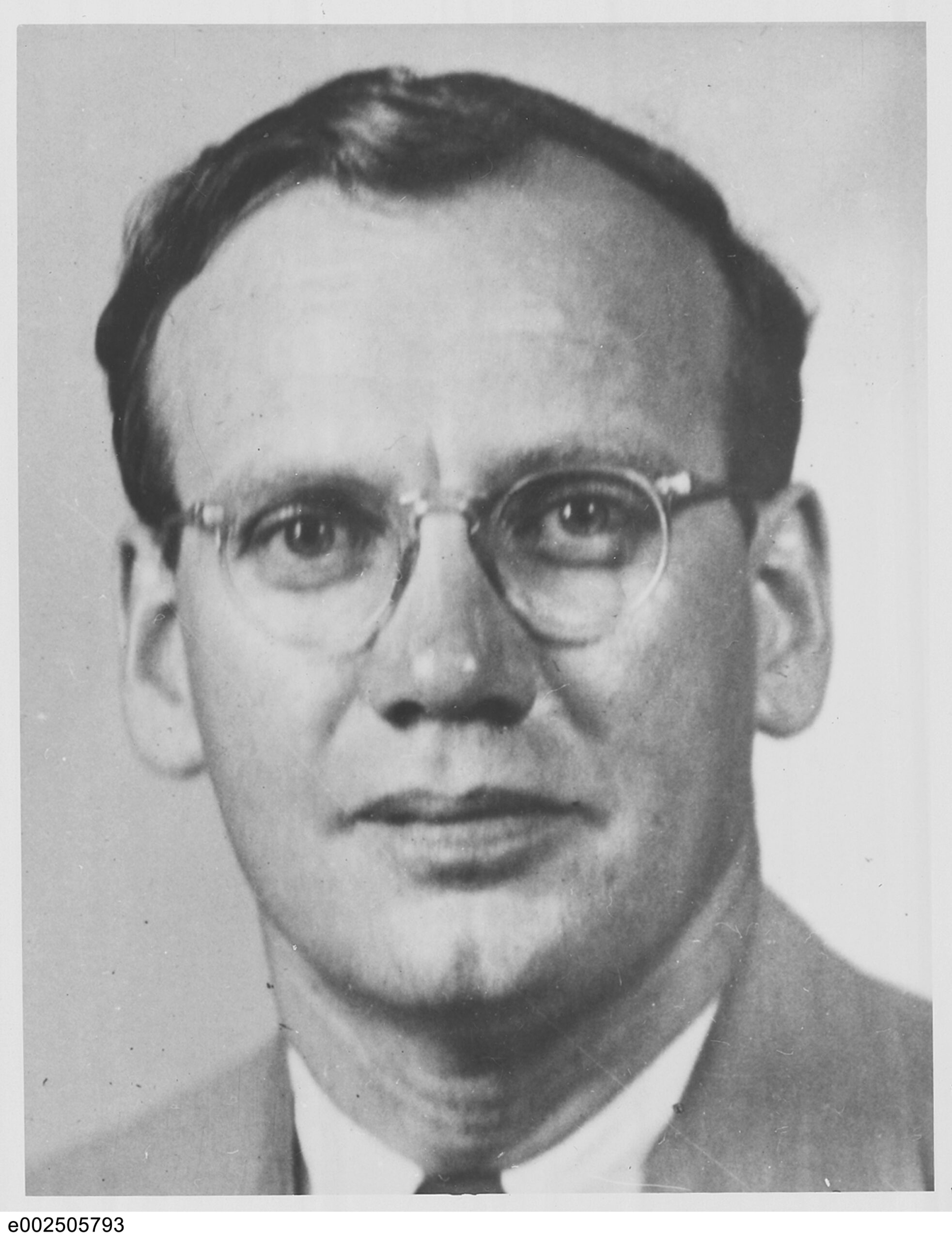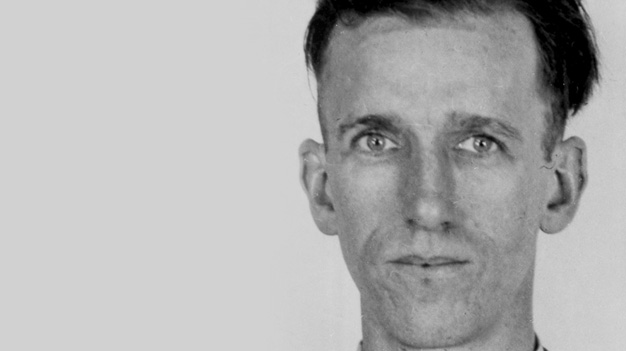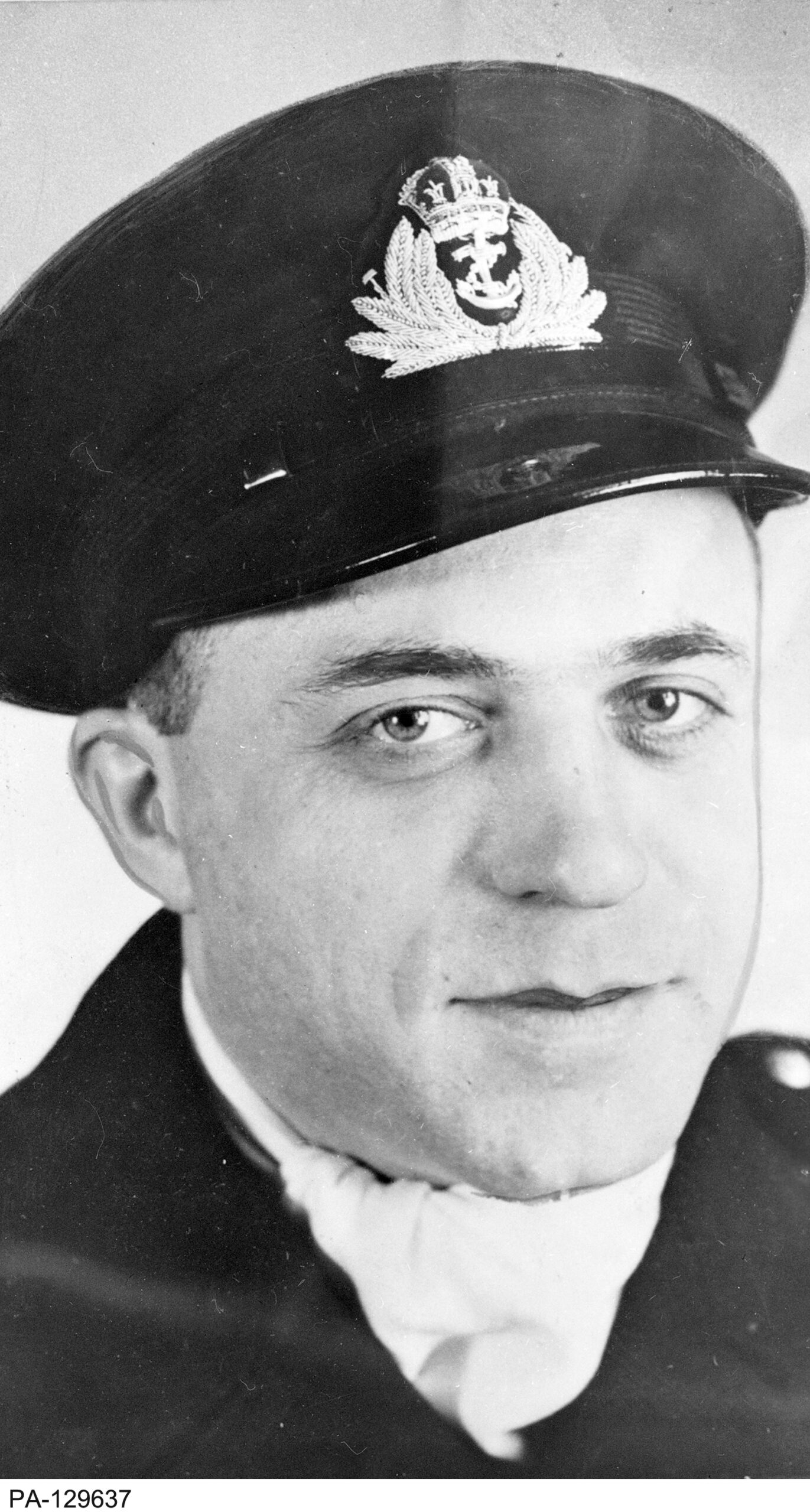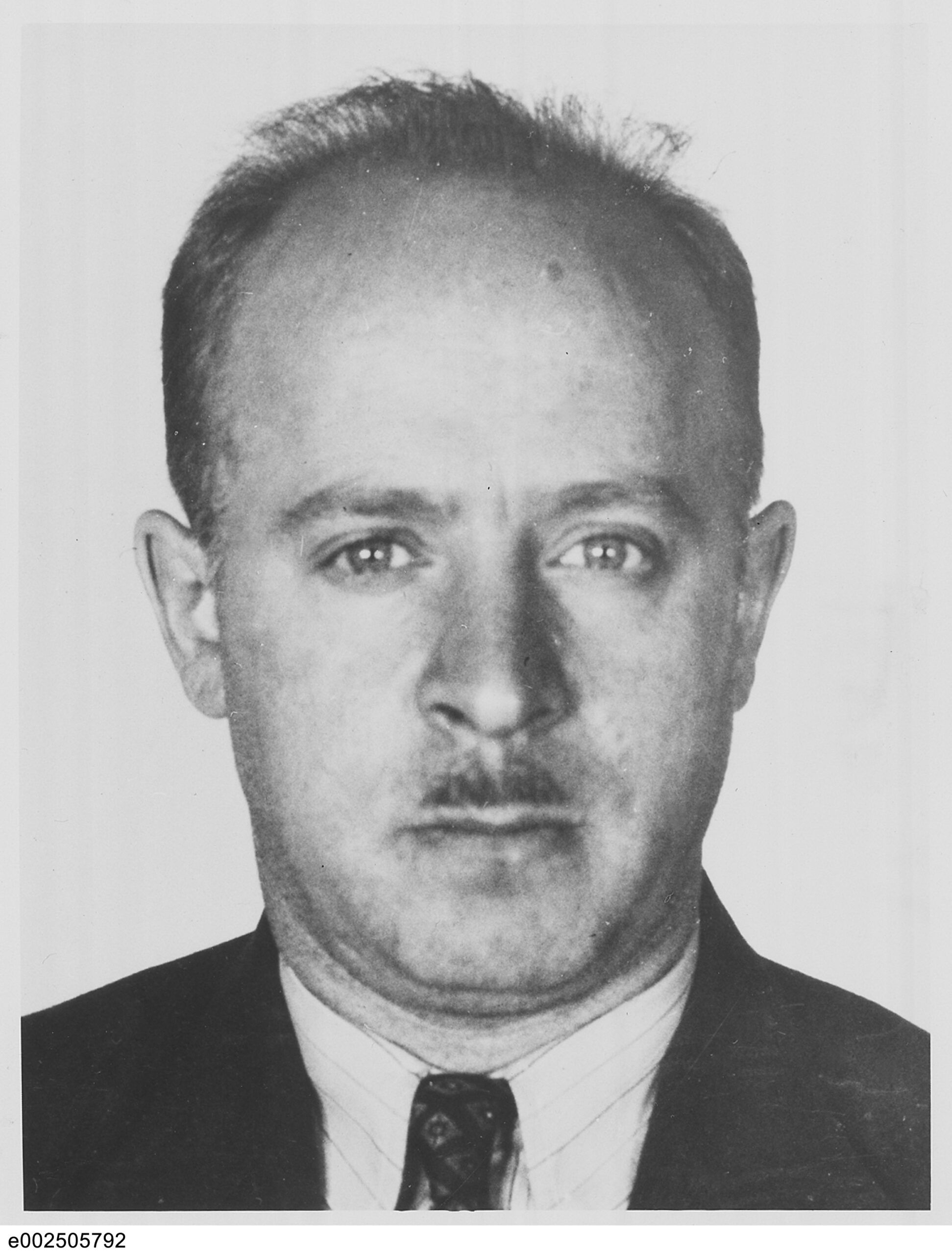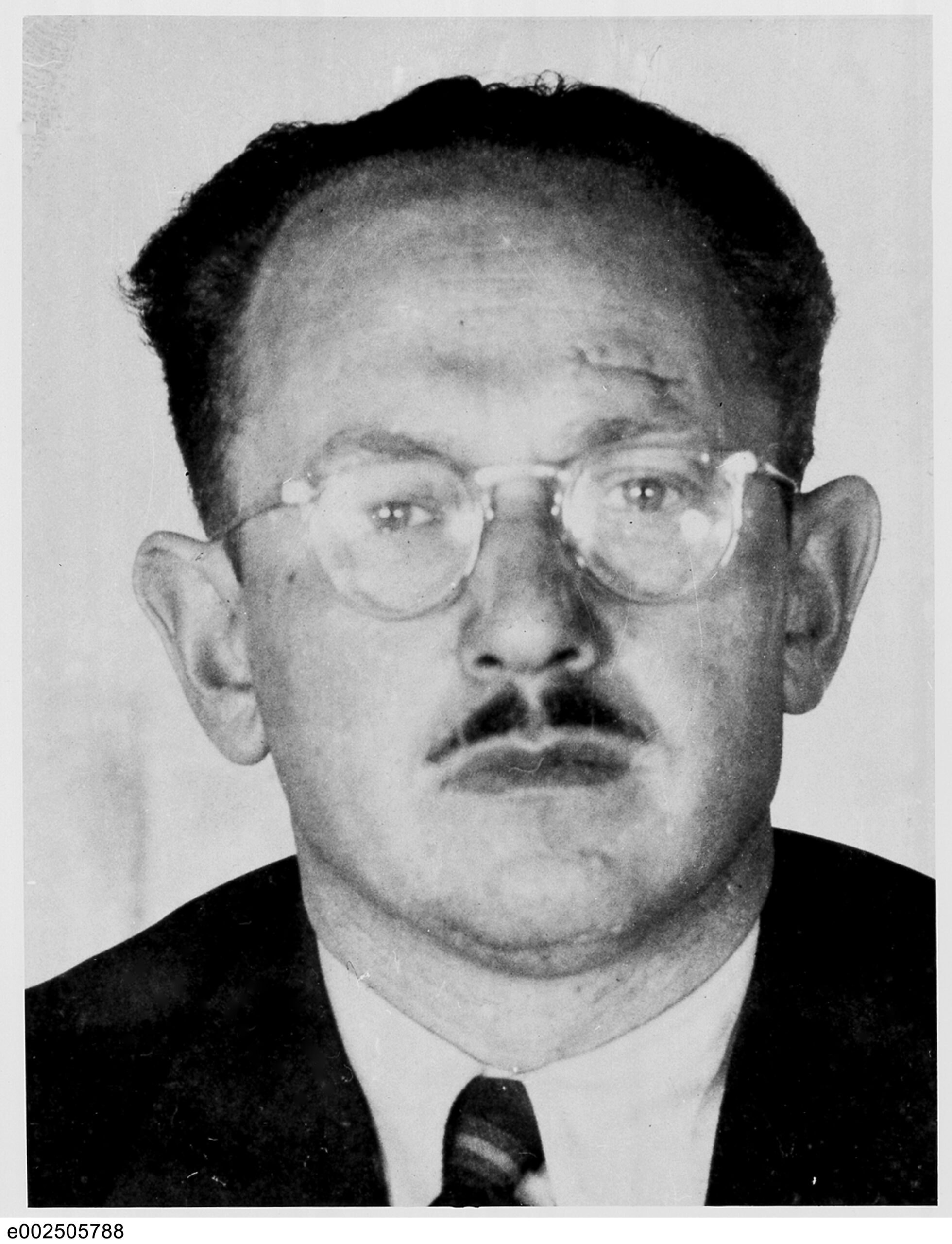The results of the spy trials, which include the prosecutions of individuals whom the espionage commission accused of spying for the Soviet Union.
Most of the accused spies were tried for conspiracy to violate the Official Secrets Act. Several defendants attempted to challenge the legality of their confessions as well as their detention. In Raymond Boyer v the King, the Quebec Court of Appeal ruled that “the appellant did not object to the questions put to him by the Royal Commission, and consequently the replies that he gave to the question put to him in the course of the inquiry could be pleaded and were admissible as evidence against him at trial.” Attempts to have the judiciary consider the constitutionality of the commission and its tactics were rebuffed. In one of the earliest decisions on the admissibility of evidence, James C. McRuer of the Ontario High Court determined that it was not “at all clear that this court has, in these proceedings, any jurisdiction to review the conduct of the commission or to decide that a commission acting with apparent lawful jurisdiction has at any time by its conduct deprived itself of jurisdiction.” In essence, the court ruled that they had no jurisdiction to question to government’s decision to restrict civil liberties in this case.
Members of the legal profession were generally divided over the issue. At the 1946 meeting of the Canadian Bar Association, several members called for a motion to condemn the government’s actions. The association found itself in a difficult position; not only were several members hesitant to criticise two sitting judges of the Supreme Court of Canada, but its own president (E.K Williams) was the lead counsel for the espionage commission. Unwilling to openly criticise the commission, the association passed a motion calling on the government to avoid the use of judges in future royal commissions. R.W.M. Chitty, a Toronto lawyer and chair of the association’s civil liberties committee, had failed to convince the association to take a harsher stance. Nonetheless, the Canadian Bar Association did create a permanent civil liberties sub-committee as a result of the Gouzenko affair.
Below is a brief summary of the spy trials. Some individuals were charged with violating the Official Secrets Act (OSA) while others were charged with conspiracy to violate the OSA. Because conspiracy was easier to prove in court, individuals were charged with conspiracy when prosecutors had circumstantial evidence. Individuals are listed according to their appearance in the commission’s three reports.

